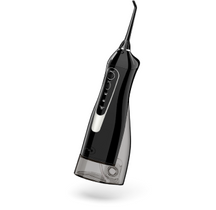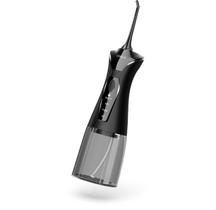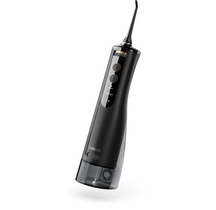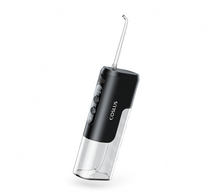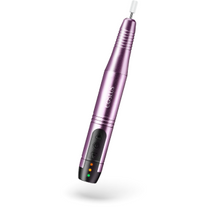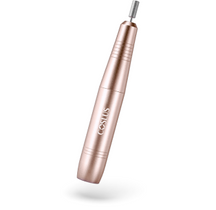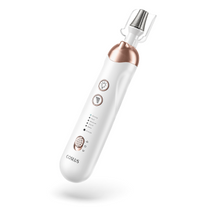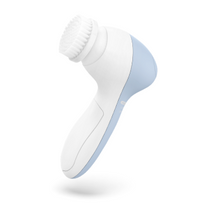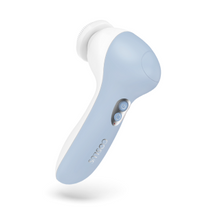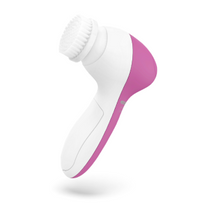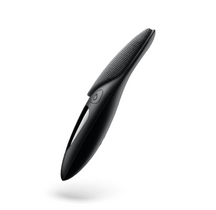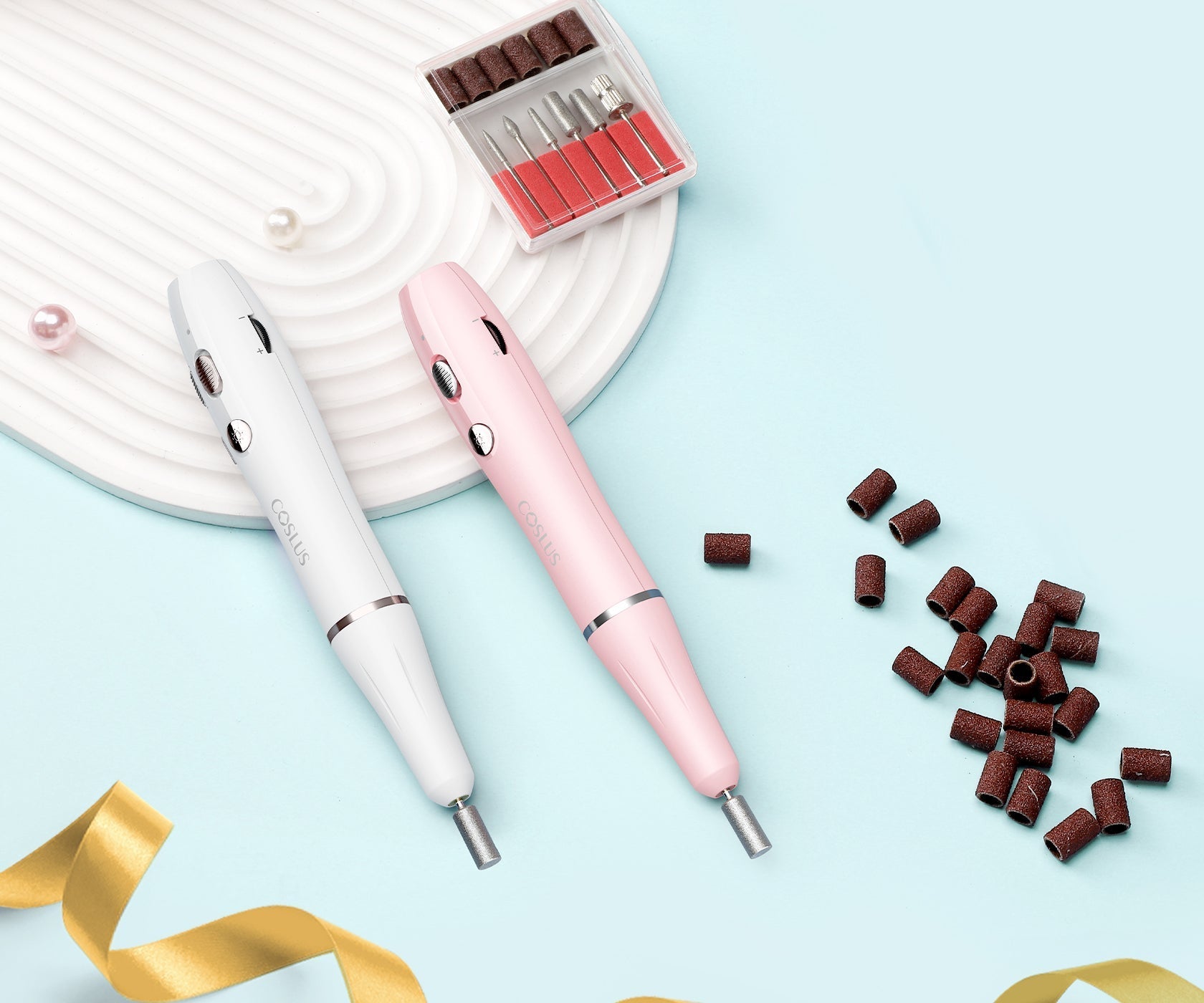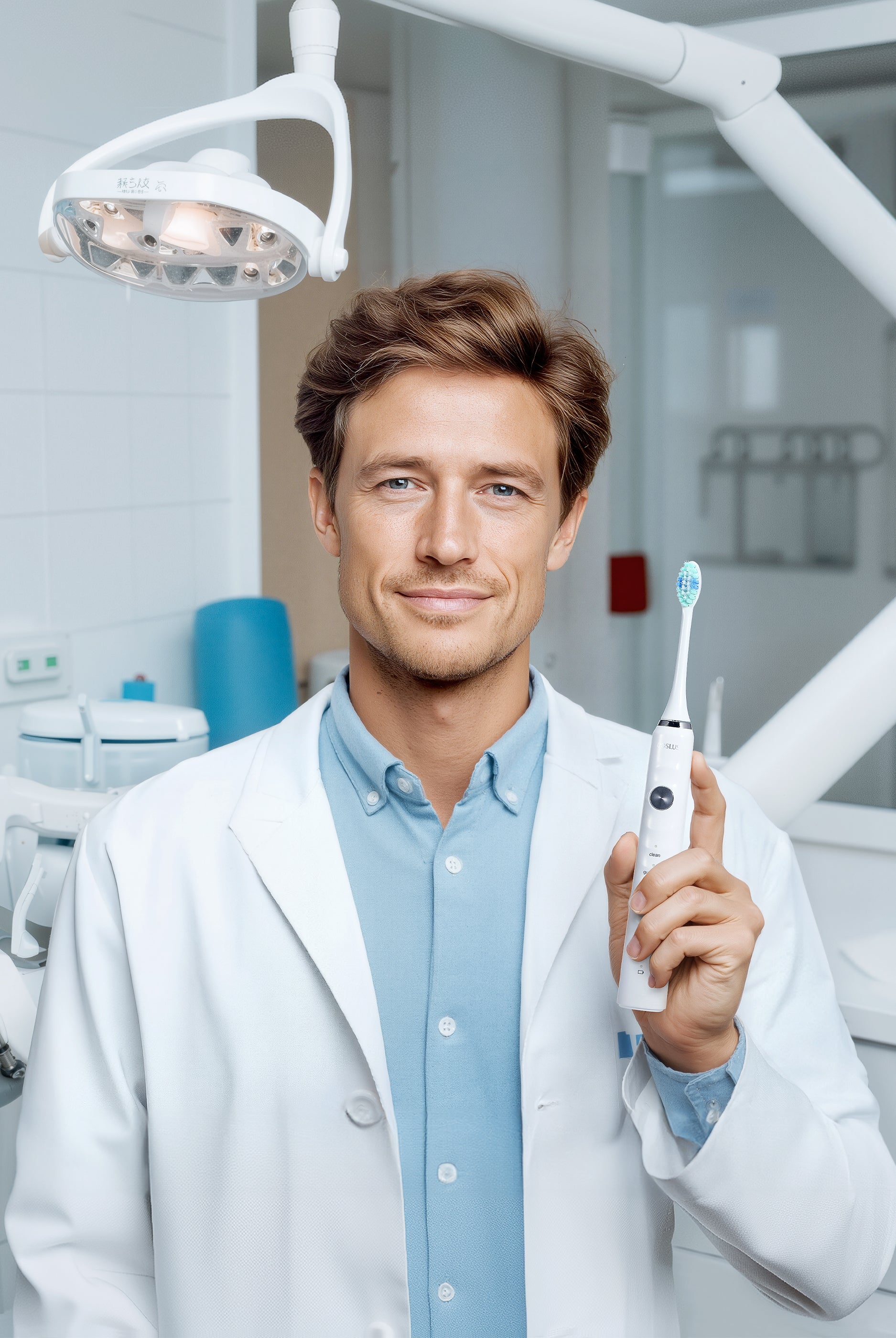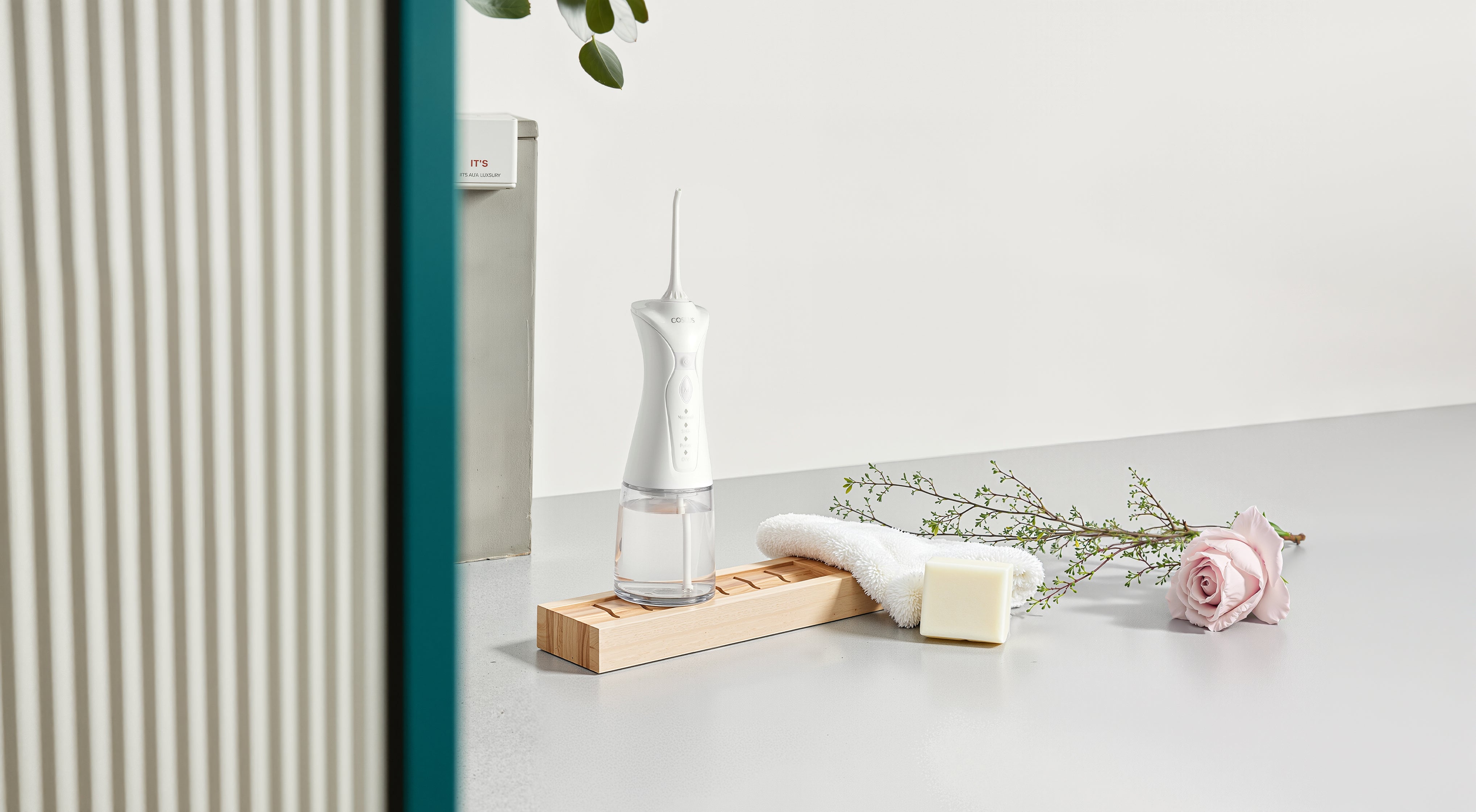
How to Brush Teeth with Braces for the Best Results
Brushing with braces might seem daunting, but it's not! If you're wondering how to brush teeth with braces, don't worry—you're not the only one. With the right tools, technique, and some patience, you can maintain healthy, clean teeth during your orthodontic treatment. Brushing correctly will help you prevent problems such as plaque buildup and white spots, so let's get you doing it the correct way.
Why Proper Brushing Matters with Braces: 5 Reasons
Good tooth brushing while you have braces is very important to keep your teeth and gums healthy during treatment. Braces have areas that are difficult to reach where food and bacteria tend to accumulate, which may cause dental issues.
- Braces Trap Food and Bacteria: Braces have areas that are difficult to reach where food accumulates, raising the risk of cavities and gum issues. If not brushed properly, these areas easily trap bacteria.
- Good Brushing Prevents Common Problems: Good brushing prevents white spots, bad breath, and treatment delays. Clean teeth accelerate the process and guarantee improved results when your braces are removed.
- Brushing with Braces Keeps Your Teeth Healthy: Proper brushing aids in preserving overall oral health by avoiding plaque accumulation and steering clear of costly dental problems down the line.
- Regular Brushing Lowers Treatment Complications: Regular brushing can greatly reduce orthodontic problems, making it an easy way to improve the effectiveness of your braces and keep your treatment on track.
- Brushing Safeguards Your Investment in a Straighter Smile: As a teen or adult, brushing properly guarantees that the time and money you invest in braces provides you with the optimum result—a straight, healthy smile.
3 Essential Tools for Brushing with Braces
To maintain good oral hygiene with braces, it's important to use the right tools:
Soft-bristled toothbrush
A toothbrush with soft bristles is gentle on both your gums and braces while effectively cleaning around the brackets. If possible, opt for an electric toothbrush with an orthodontic head, as it can provide a more thorough clean.
Fluoride-based toothpaste
Use fluoride toothpaste to help strengthen your enamel and prevent cavities. Avoid whitening toothpaste, as it can cause uneven results around the brackets and wires.
Additional cleaning tools
Interdental brushes are great for cleaning between the brackets and wires. Floss threaders or water flossers can help you floss effectively with braces, reaching areas that a regular toothbrush might miss.
Replace your toothbrush every 3-4 months, as the bristles wear down faster with braces and become less effective. Regular replacement ensures the best clean and maintains your dental hygiene routine.
6 Steps Guide: How to Brush Teeth with Braces
Brushing teeth with braces may appear daunting at first, but the correct technique and quality tools make it easier and second nature. These steps will guide you through how to clean your teeth effectively and safeguard your braces:
1. Prepare your mouth
Rinse your mouth with water before you start brushing to dislodge any remaining food particles. Place a pea-sized glob of fluoride toothpaste on your toothbrush—this will help defend your enamel as you brush.
2. Brush outer surfaces
Place your toothbrush against your gums and braces at a 45-degree angle. Clean the outer surfaces of your teeth using gentle circular motions. Brush each quadrant (upper right, upper left, lower right, lower left) for approximately 30 seconds to ensure that each area is cleaned.
3. Clean inner surfaces and chewing areas
Then move to the inner surfaces of your teeth and your chewing surfaces. Pay special attention to the back molars because plaque likes to lurk there. Don't hurry—be sure to scrub every nook in your mouth.
4. Clean around brackets and wires
Gently brush around each bracket and wire. These are places where food and plaque like to collect. Make sure to clean these spots individually, giving extra attention to where the food might be trapped, like beneath the wires and around the brackets.
5. Rinse with fluoride mouthwash
Finally, after brushing, rinse your mouth out with fluoride mouthwash. This creates another layer of protection for your teeth and gums and will leave your mouth tasting fresh and reduce the risk of cavities.
6. Time it right
Try to brush for a minimum of two minutes, ideally after every meal. That way, you're getting rid of all the plaque and debris before it has a chance to sit and create issues.
If you are using an electric toothbrush, do the same thing, but allow the brush to do the work for you. Just guide it along your teeth and braces. For children with braces, a softer brush with a smaller head can make it easier and more comfortable. Brushing with braces does not need to be difficult—it simply requires a bit of time and consistency to ensure your teeth remain healthy and your braces function properly.
4 Common Mistakes to Avoid When Brushing with Braces
Brushing with braces can be tricky, but avoiding these common mistakes will help you keep your teeth and gums healthy throughout your treatment.
Mistake 1: Brushing too hard
Aggressive brushing will hurt your braces, brackets, and enamel. Brushing with too much force could loosen the brackets or cause gum irritation. Rather, brush your teeth and braces using gentle circular motions—allow the brush to do the job, not the pressure.
Mistake 2: Skipping areas around wires
It's simple to miss the spaces around the wires, yet plaque and food tend to lurk there and cause white spots on your teeth as well as plaque buildup. Be sure to brush around every bracket and wire gently, paying special attention to each area where food might be trapped.
Mistake 3: Not brushing long enough or often enough
Brushing for a duration of less than two minutes or failing to brush after each meal has the effect of leaving food particles as well as plaque behind. Try to brush for a minimum of two minutes, three times daily. The more you brush, the cleaner your mouth will be.
Mistake 4: Using the wrong tools
Hard-bristled brushes or toothpaste that does not contain fluoride can damage your enamel and make cleaning around your braces more difficult. Brush with a soft-bristled toothbrush and fluoride toothpaste to safeguard your teeth while still allowing for an effective clean.
To avoid these issues, use gentle brushing techniques and make sure you're checking in the mirror for missed spots. Keeping a consistent routine and using the right tools will ensure your braces and teeth stay in top shape throughout treatment.
4 Additional Oral Hygiene Tips for Braces Wearers
Proper brushing is just one part of maintaining great oral hygiene with braces. Here are a few more tips to keep your teeth and gums healthy throughout your treatment:
- Floss daily: Flossing is necessary to get rid of food and plaque between your teeth as well as around your brackets. Utilize floss threaders or water picks for easy flossing around your braces. This will keep your gums healthy and prevent plaque buildup.
- Watch your diet: Some foods can make it more difficult to keep your teeth and braces clean. Stay away from sticky foods such as caramel, taffy, or chewy candies because they stick to your brackets and wires and can be difficult to clean. Hard foods can also damage your braces, so try cutting them into small pieces.
- Stick to a routine: Make a habit of brushing after every meal to prevent food from sticking. Rinsing with mouthwash afterwards provides additional protection and freshness. Don't forget to make regular orthodontic appointments so your dentist or orthodontist can check your progress and resolve problems early.
- Pro tips for fresh breath: Clean your tongue using a tongue scraper and minimize bad breath. It's an easy yet effective addition to your daily routine that keeps your mouth fresh and clean.
Want a Healthy Smile with Braces? Here’s How to Brush Right
Brushing with braces doesn’t have to be hard. With the right technique, tools, and routine, you’ll keep your teeth and gums healthy throughout treatment. Just stick to brushing after meals, flossing daily, and visiting your orthodontist regularly. Keep these tips in mind, and you'll be all set for a great smile when your braces come off!
Table of Contents
- Why Proper Brushing Matters with Braces: 5 Reasons
- 3 Essential Tools for Brushing with Braces
- 6 Steps Guide: How to Brush Teeth with Braces
- 4 Common Mistakes to Avoid When Brushing with Braces
- 4 Additional Oral Hygiene Tips for Braces Wearers
- Want a Healthy Smile with Braces? Here’s How to Brush Right
Table of Contents
- Why Proper Brushing Matters with Braces: 5 Reasons
- 3 Essential Tools for Brushing with Braces
- 6 Steps Guide: How to Brush Teeth with Braces
- 4 Common Mistakes to Avoid When Brushing with Braces
- 4 Additional Oral Hygiene Tips for Braces Wearers
- Want a Healthy Smile with Braces? Here’s How to Brush Right


